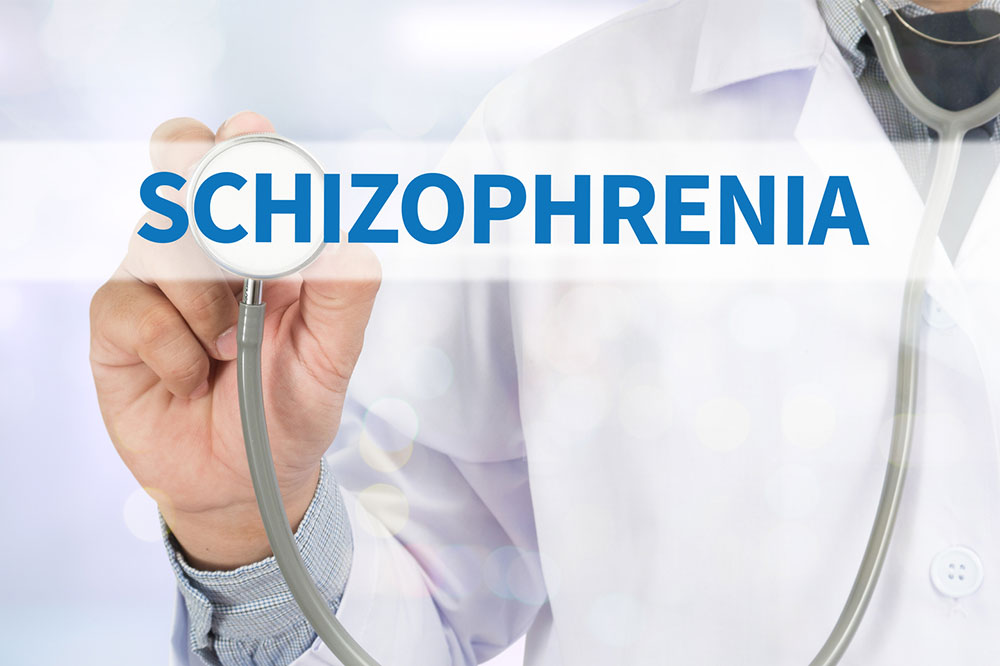Comprehensive Strategies for Living Well with Bipolar Disorder
This comprehensive guide offers insights into managing bipolar disorder effectively. It covers diagnosis, symptoms, treatment options including medication, therapy, lifestyle modifications, and how to handle crisis situations. Understanding bipolar disorder is crucial for those affected and their loved ones to improve quality of life, minimize risks, and foster long-term stability. Enhanced awareness and early intervention can make a significant difference in managing this complex mental health condition, helping individuals live fulfilling lives with proper support and treatment.

Comprehensive Strategies for Living Well with Bipolar Disorder
Every year, millions of individuals in the United States grapple with various mental health conditions, with approximately 20% facing these challenges annually. As societal understanding and acceptance of mental wellness continue to grow, there's been a significant shift from focusing solely on physical health to embracing comprehensive mental health strategies. Recognized by leading health authorities, mental well-being is now at the forefront of public health initiatives, emphasizing the importance of awareness, early diagnosis, and effective management. Among the many mental health conditions, bipolar disorder remains one of the most misunderstood yet manageable conditions when approached with the right knowledge and support.
Bipolar disorder affects approximately 2.8% of the adult population in the United States, regardless of gender, and can also impact children and adolescents. Despite its prevalence, awareness about the disorder remains limited, and misconceptions often hinder timely diagnosis and effective treatment. Children with bipolar disorder may display mood swings similar to adults, but identification and management are crucial to improving long-term outcomes. Recognizing the symptoms early and understanding the management options can empower affected individuals and their families to lead fulfilling lives.
Recognizing Symptoms of Bipolar Disorder
Understanding the symptoms associated with bipolar disorder is essential for early intervention. The condition is characterized by distinct mood episodes, which can range from manic or hypomanic phases to depressive episodes. Children and adolescents may exhibit symptoms that mirror those seen in adults, such as rapid speech, grandiosity, impulsivity, decreased need for sleep, and irritability. During depressive phases, individuals might experience persistent sadness, fatigue, changes in appetite, feelings of worthlessness, and even thoughts of self-harm or suicide. Accurate identification of these symptoms can prompt timely medical intervention and support, significantly improving the quality of life for those affected.
Effective Treatment Approaches for Bipolar Disorder
Medication Management: Although bipolar disorder is considered a lifelong condition with no permanent cure, symptom control is achievable through medication. Mood stabilizers such as lithium are foundational, along with antipsychotics and antidepressants tailored to individual needs. Regular consultations with healthcare providers ensure optimal medication efficacy and manage side effects effectively.
Psychotherapy and Counseling: Psychotherapeutic interventions serve as vital tools for coping and managing the emotional and behavioral aspects of bipolar disorder. Cognitive-behavioral therapy (CBT) helps individuals recognize and change negative thought patterns, while psychoeducation enhances understanding of the disorder, empowering individuals to manage their symptoms proactively. Family therapy can also be beneficial, fostering a supportive environment at home.
Complementary and Lifestyle Approaches: Integrating complementary therapies such as acupuncture, mindfulness practices, and electroconvulsive therapy (ECT) in severe cases can support symptom control. Lifestyle modifications are equally important; maintaining a regular sleep schedule, engaging in physical activity, and avoiding substances like alcohol and recreational drugs contribute to better mood stability. Stress management techniques, including meditation and relaxation exercises, further bolster mental health resilience.
Health Risks Pertinent to Bipolar Disorder
Individuals with bipolar disorder often face an increased risk of developing other health conditions such as thyroid dysfunction, cardiovascular diseases, migraines, and metabolic syndromes. Addressing these comorbidities is crucial for holistic health management.
Psychosis, characterized by hallucinations or delusions, can occur during extreme mood episodes and may resemble schizophrenia, requiring specialized treatment approaches.
Many individuals with bipolar disorder also experience co-occurring conditions like anxiety disorders or ADHD, which can complicate diagnosis and necessitate comprehensive treatment plans.
Substance abuse is a common issue, often used as a maladaptive coping mechanism for mood instability, which can exacerbate psychiatric symptoms and hinder recovery.
Intervention Strategies During Suicidal Crises
If someone exhibits suicidal thoughts or behaviors, immediate action is critical. Contact emergency services without delay to ensure safety and swift intervention.
Stay with the individual, providing reassurance and emotional support until professional help arrives. Do not leave them alone in such moments.
Communicate empathetically, listening non-judgmentally and creating a safe space for expression of feelings.
Remove objects or medications that could be used for self-harm, and ensure the environment is free from potential hazards.
Living with bipolar disorder involves understanding its complexities and adhering to customized management strategies. With appropriate medical treatment, therapy, lifestyle adjustments, and a strong support network, individuals can lead meaningful, productive lives. Raising awareness and reducing stigma through education remains vital in helping more people seek help and find stability amidst their mental health journey.





